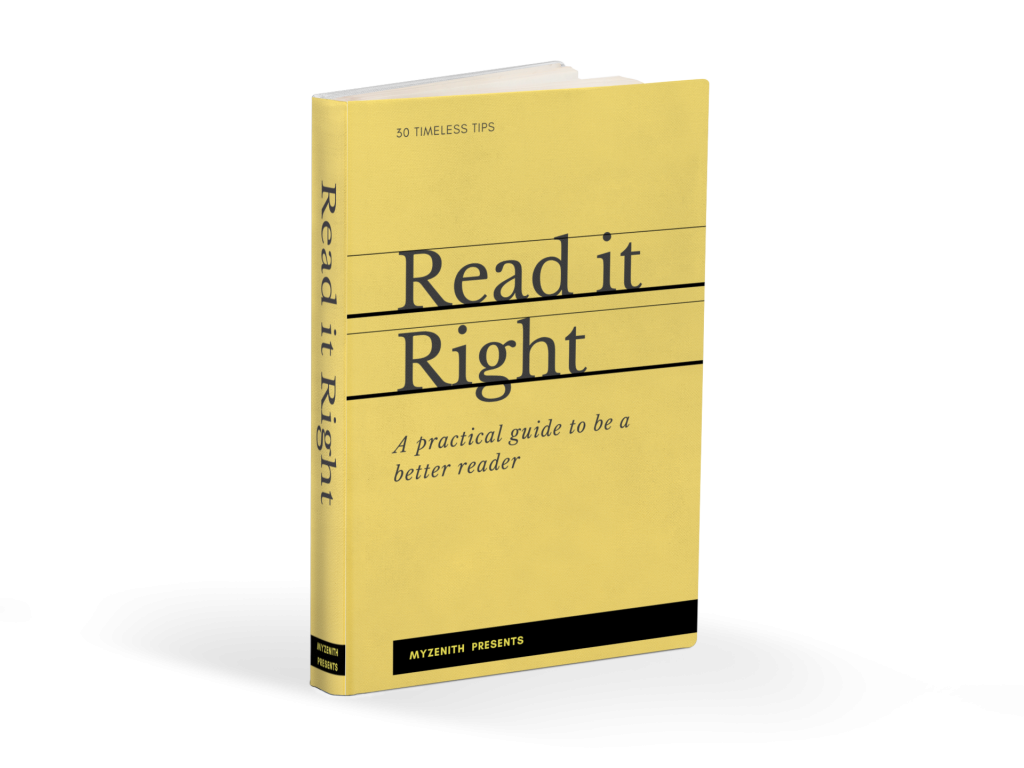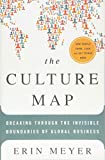We are all one question, and the best answer seems to be love — a connection between things. This arcane bit of knowledge is respoken every day into the ears of readers of great books…
Mary Ruefle
A good reason to read, if ever you need one
Connection. Humans crave connection, and it especially becomes apparent when we are deprived of it. Isolation cells are one of the most feared of punishments, often dreaded more than physical torture, by even the most hardened of criminals. In his book Social, Matthew Lieberman argues that our brains are literally “wired” to connect, and it is a need more fundamental and more basic than our need for food or shelter.
Reading is an act of connection – to the author who wrote the book as we are welcomed to the inner world that he/she created, to our inner selves as we read and reflect and get to know our own selves a little better, and to others around us as we learn to empathize more and perhaps, even share what we read and learn.
You are what you read, choose wisely
Our need for connection may be universal, but the way we connect is anything but. The Culture Map is categorized as a business book, and it is primarily aimed at decoding how cultural differences impact work across different countries. But we chose this book for this Issue’s recommendation because it is ultimately about connecting. Specifically about connecting across cultures, and that felt relevant in today’s global world, where when we wake up from this hopefully temporary restraints, more than ever, we need to keep the connection and compassion across borders.
In The Cultural Map, Erin Meyer uses eight “scales” (e.g. communicating, trusting, persuading), where each scale is a continuum with the two ends, to describe a specific aspect of culture. While this may come across as a recipe for stereotyping, Meyer is clear to point out that it espouses just the opposite – people are ultimately treated as individuals, with her approach as a crutch to understand their cultural contexts better.
Understanding humans is a tricky business, connecting deeply is even more so. Books can help us along this process. For a longer list of recommendations on connection that cuts across genres go here.
Some tips and some tricks
- Reflect as a you read – Connecting well to others requires a strong sense of connection to our own selves. Reflective, or even meditative reading is an excellent medium to increase self-awareness, and to connect more deeply to who we are. Reading allows us a safe haven to explore our inner selves: fiction often allows us to examine harsh truths about ourselves through the stories of others, non-fiction provides us with insights or theories to explain our own struggles, which may otherwise seem impenetrable. Regardless of what you read, it does require an introspective mindset and the willingness to dig deeper, with the express intent to get better acquainted to one’s own self.
- Practice prosocial reading – One of the implications of the social wiring of humans, as covered in Social, is that we learn better when it is done in order to teach someone else than when we learn in order to take a test – i.e. “prosocial learning” that relies on the social networks of the brain are more effective. This has a practical application in the Feynman technique of learning. Named after the Nobel Prize-winning physicist Richard Feynman, this technique proposes an approach where you try to explain what you learn to someone else. Next time you read something, perhaps try and explain to someone else, or share your learning with someone else in an easy to understand way. That way you learn better, you help someone else, and you fulfill your brain’s primitive need to stay connected.
- Connect with authors – Writers are notoriously recluse. Just twenty years ago, connecting with the author of your favorite book would have required hunting down book tours or obscure email addresses. Today though, most writers have an active internet presence and often actively engage with their audience. I have been happily surprised by responses I received to random emails I sent off to authors whose works moved me. I have no idea whether this has any effect on making you a better reader, or to help you to read more – I just find it super cool when famous authors reply back! Try it, it’s fun.

If you would like to get more tips to be a better reader, download our practical guide – Read It Right. Free for all subscribers!


